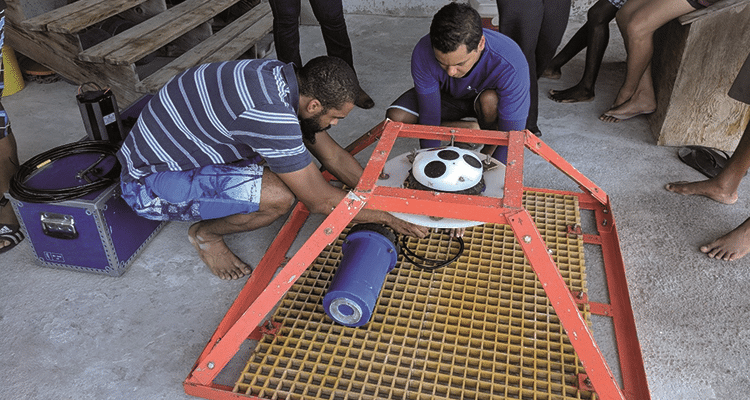From rising sea level impact on coastal ecosystems to exciting new ways to reduce greenhouse emissions, marine scientist Dr Judith Wolf describes her research into the effect of climate change on the world’s oceans.
Together with colleagues at the National Oceanography Centre (NOC), my team and I are part of the global scientific effort to quantify the real risks of climate change.
A key element of our work is the provision of clear, measured evidence with which policymakers can make informed decisions. For example, the NOC works closely with the Marine Climate Change Impacts Partnership (MCCIP), and is a major contributor to its influential Report Card, which provides policy advisers, decision- makers, ministers, Parliament and the devolved administrations a sharp and succinct update on how climate change is impacting UK coasts and seas.
The 2020 Report Card makes for sobering reading, and many of its messages are clear and unambiguous: global temperatures are rising and this is leading to warming seas, reduced oxygen, increased acidification and rising sea levels. These global changes are affecting the UK continental shelf and coastal waters, and are having an impact on our ecosystems.
The report also tackles more controversial questions, such as whether extreme events – storms, surges and waves – are getting more severe.
Our models and observations of UK coasts and seas show an average (mean) increase in wave heights in the Northeast Atlantic since the 1950s. However, we have not been able to directly attribute this to climate change – and attributing the cause of individual storms is even harder. Indeed, under a high-emissions scenario, there might even be an overall reduction in mean significant wave height in the North Atlantic by 2100.

